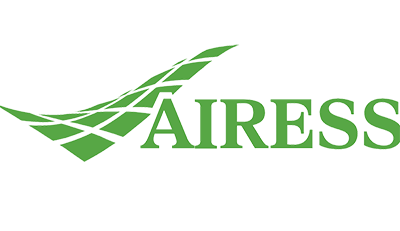At the AIRESS, we believe that maintaining a strong ethical foundation is crucial to fostering a supportive and inclusive environment. The Code of Ethics of research outlines the principles guiding our actions and interactions, ensuring a respectful and inclusive environment for research.
OBJECTIVE OF THE CODE:
Ethical framework aimed at specifying the guiding principles that govern ethics in research involving human subjects and ensuring compliance for the recognition of the quality of work produced by peers and funding agencies.
RESEARCH ETHICS CIRCLE:
Principle of Benevolence:
- Respect national and international normative framework
- Promote the general interest
- Respect the dignity and privacy of participants
- Assess the risks and benefits associated with the research
- Obtain the free and informed consent of participants
- Ensure confidentiality and anonymity
Principle of Researcher Independence:
- Respect the principle of freedom of research
- Guarantee the right to an environment conducive to research
- Ensure independence from funding sources
- Prevent and address conflicts of interest
Violations:
- Practice plagiarism and other forms of fraud
- Refrain from publishing research results for non-scientific reasons
- Incorrectly present research results
- Deliberately delay or hinder the work of other researchers
- Create or support journals or events that compromise the quality control of research
MISSIONS AND RESPONSIBILITIES OF THE COMMITTEE:
- Ensure that researchers comply with the provisions of the Code.
- Evaluate and approve the conformity of research activities with the provisions of the Code.
ETHICAL REVIEW PROCESS:
- The Committee conducts a review of all received requests.
- To be accepted, any request must meet the criteria outlined in the dedicated form.
- Ensure the continuous review of research activities.
Form link: https://forms.office.com/r/AR7Uiw9Fhk



